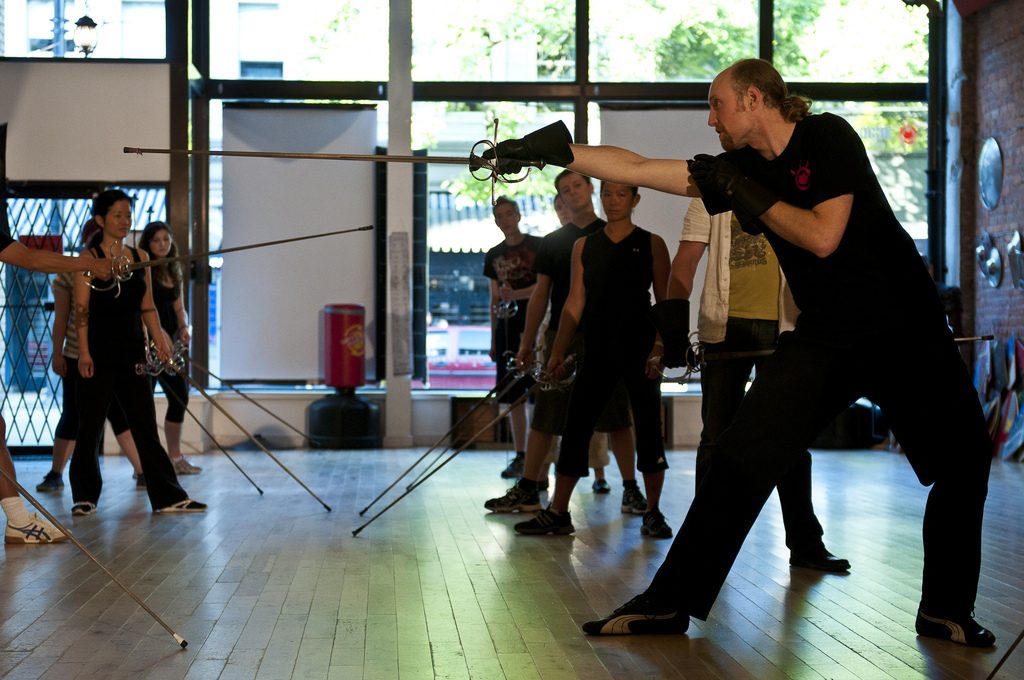At the end of every evening class that I teach, I offer 10 minute private coaching sessions. These spots allow me an opportunity to work with people one on one and help them with struggles from class, tweaks to their form, and guidance for their overall development.
Recently I had an interesting experience with one of my newer and enthusiastic up-and-comers. This particular student is very exacting, a bit of perfectionist, and can be rather hard on herself. She told me she was a bit reluctant about getting coaching because she felt that she really wasn’t doing anything right at all and seemed worried that it would be a bit of a rough session. I asked her if she would be interested in having a “What’s Right” coaching session where we’d focus on her strengths instead of her weaknesses. She agreed to give it a try.
In a “what’s right” session instead of looking for things that need to be improved, flaws in form and technique, we look instead to identify what’s going well; What are the aspects of the students form that should be retained and emphasized? In this particular session I took a ground up approach and started first with basic postures and then movement. I noted the aspects of form that were strong, how her structure aligned well, how her hand positions were correct and well formed, how her order and alignment in movement was correct. I did not focus on any corrections, though as I emphasized ‘right’ elements, many of the things that needed to be adjusted fell into place. Most correct movement requires alignment of the body throughout the whole system, if you can pinpoint the right area to get a student to focus on, often problem areas fall into place. This does not need to be done by picking the right flaw, it can also be done by picking the right strength. I also use these moments of identifying ‘right’ things to make subtle corrections “That’s really good, and it will be even better if we move your hand to this spot here. Now everything else falls into place.”
My main goal with the student in this kind of session is to help them recognize their progress, how they’ve improved, and to help them recognize they have a foundation they can build from. It requires positive energy and belief in self to be able to keep the passion for improvement alive. Secondarily I’m helping them recognize their foundation so that they can keep the strong elements of their form as they work to improve in their areas of weakness. It’s easy to become so focused on flaws and corrections that you lose sight of, or never learn about, the qualities of your form that are correct. Having guidance to see these qualities is important for long-term development.
To be an excellent coach you must be able to identify both the flaws in form as well as the excellence, no matter how hard you might feel you need to look. In this case, it was rather easy.
